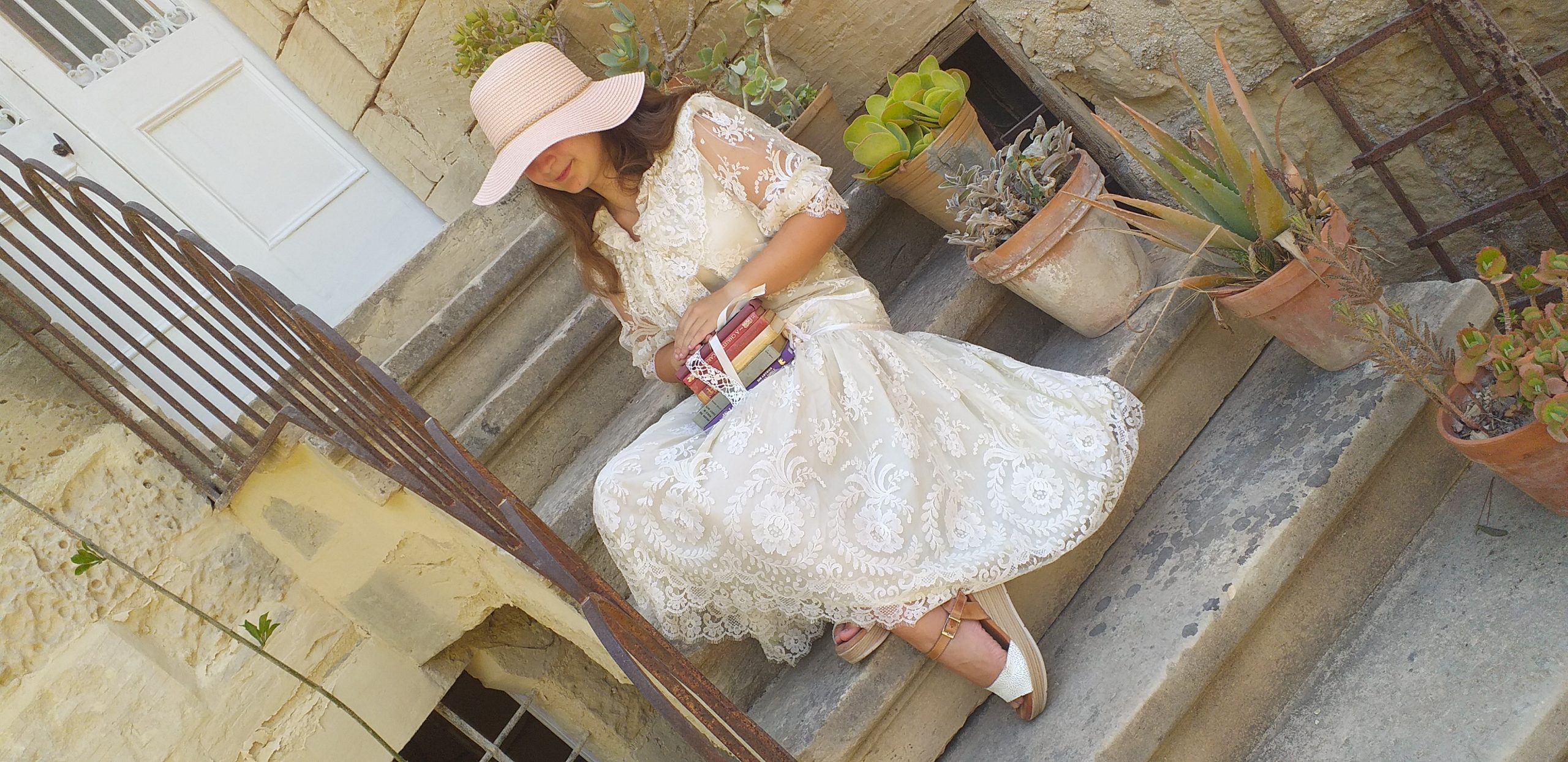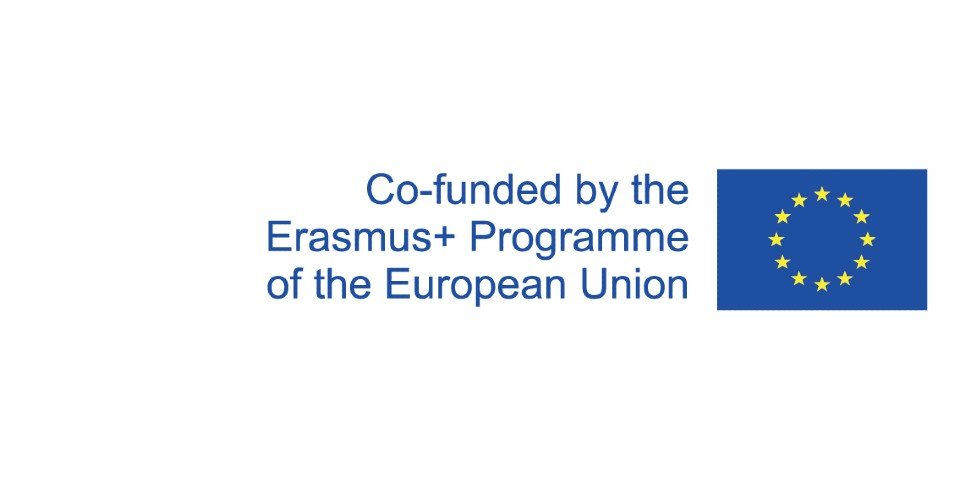Transversal or transferable skills are those competencies that are useful in more than one setting. To give an example we can mention Teamwork which is an Inter-personal skill. Being able to work in a team is a skill which we can practice in many settings such as at home, in youth groups and in schools. That makes it transversal or transferable.
UNESCO gives six categories of transversal skills:
- Critical and innovative thinking
- Interpersonal skills
- Intrapersonal skills
- Global citizenship
- Media and information literacy
- Others
We have included an important publication by UNICEF published in 2019 further down on this page. This publication is targeted at children, tweens, teens and young people. It highlights the importance of developing and having these skills in an ever-changing world and describes these as the “glue of all skills”. We are also including a manual by the Council of Europe which is targetted at educators at the end of this page so you can tell them about it!

In a nutshell here below is a list of the most important points and images from this publication, lots more can be found on the internet on transversal or transferable skills. All skills can be taught to a certain extent but you become better at skill building and developing by practice, practice and more practice!
Look back on your day and see what skills you used or are in the process of building! Think and stretch your thinking more by asking….
Where did you use them and why?
What can you do new or differently and how?
What did you learn about your developing skill set?
How can you learn more, with whom and how?
Think about your tool box of skills! They are tools that make your work better and your life easier!
How can you study or work more efficiently?
What skills are you missing?
Who can support you to acquire, improve and practice any one or more of your skills?
We hope you enjoy this section of our website and feel encouraged to continue building and improve your skill set!

Cognitive Skills
Cognitive skills are those having to do with thinking and much of what we are developing throughout the lifetime of this Erasmus+ project. These skills will enable us to explore learning to learn or meta-cognition in different settings, question, problem-solve, acquire knowledge, research to learn more, use logic and reasoning, evaluate knowledge by thinking critically and creatively (for example using a tool like P-M-I), among others. Explore the links we are highlighting here and which are on our website to expand your skill set in this area.
Learn more about cognitive skills here and meta-cognition with these online flashcards. Try out some of the tools for learning we tried out ourselves during our youth meetings, lots to choose from!!

Social Skills
Social skills are the skills we use when we are with others. They are also called Inter-personal skills. We use lots of socials skills in youth groups and in schools, the most important one is Teamwork. It is important to learn how to work with others and with ideas that are not our own or that we do not like. Social skills are handy for us to collaborate, communicate, resolve any disagreements we have between us (these are opportunities for growth and creativity too) and negotiating by listening and reaching a compromise.
Social skills are important for us to be able to work and develop understanding with other people who come from different countries or from a different culture. Our multi-cultural society enriches our ideas and gives us the opportunity to learn more. Activities for tweens and teens to develop social skills include youth projects like ours, activity camps, volunteering, drama groups, sports, art classes, watching live events with family or friends … and much more!

Actvitity Idea: During this video interview below, Prof Juval Noah Harari speaks of changes in the world brought about by the Covid-19 pandemic and the way we have to re-invent ourselves and develop new skills to address this sudden change. Discuss the impact of the Covid-19 pandemic on our social skills, do you think there was an impact? If yes, how? Was the impact to our advantage? Watch the video below to discuss more! Download it here.
Emotional Skills
Emotional skills are those skills that have to do with us! They are also called Intra-personal skills. Developing emotional skills means that we are able to acknowledge and control our emotions, empathize and consider those of others. This is also called Emotional Intelligence. The infographic below shows the 5 ways to show Emotional Intelligence.
We developed the Year in Pixels leaflet to help us develop emotional intelligence, reflect and record our own feelings and to be aware of those of others. Empathizing is a skill that helps us to understand how others are feeling and why. When we emphatise we put ourselves right in the place of others so we can get a good idea of how they may be feeling. Perspective-taking means that we are able to understand the ideas and viewpoints that others might have and which might differ from our own.


We practiced these skills when we discussed Euthanasia during one of our online youth meetings. This is a very sensitive subject and we spoke and listened to each other. We emphatised about the feelings of others who face times of sickness and pain and considered each other’s perspectives on this subject.This meeting was facilitated by Judy Magri, one of the adult members of our group (she also prepared the powerpoint presentation).
Test your knowledge on emotional intelligence by trying out the flashcards on this link.
We learnt a lot during this discussion and you can find the power point presentation we used in right here so you can practice in your own group or at school during Circle Time.
ACTIVITY IDEA: In an interview, Prof Harari mentioned that it is dangerous to focus on a narrow skill in our learning as nobody knows what the job market will look like in 20 or 30 years’ time, the most important skills for the 21st Century is how to CONSTANTLY LEARN new things, how to re-invent and re-train yourself throughout your life, the capacity to learn throughout life and for that you need a lot of emotional intelligence and mental flexibility. Watch students asking Prof Harari about skills sets, life-long learning, migration, gender relationships, love and much more in “The Future of Sapiens” here. He talks about many themes for dicussion during youth activities, at school and with your friends during Circle Time. Do you agree with his responses? If no, what is your opinion, share it and discuss!
To conclude!!! A good way to practive and develop all the skills we mentioned above is in our everyday life and during Circle Time and other activities in youth settings, at school and EVERYWHERE & ALL THE TIME! There are many resources to try out right here in our website. They have all been tried and tested by us!!!


